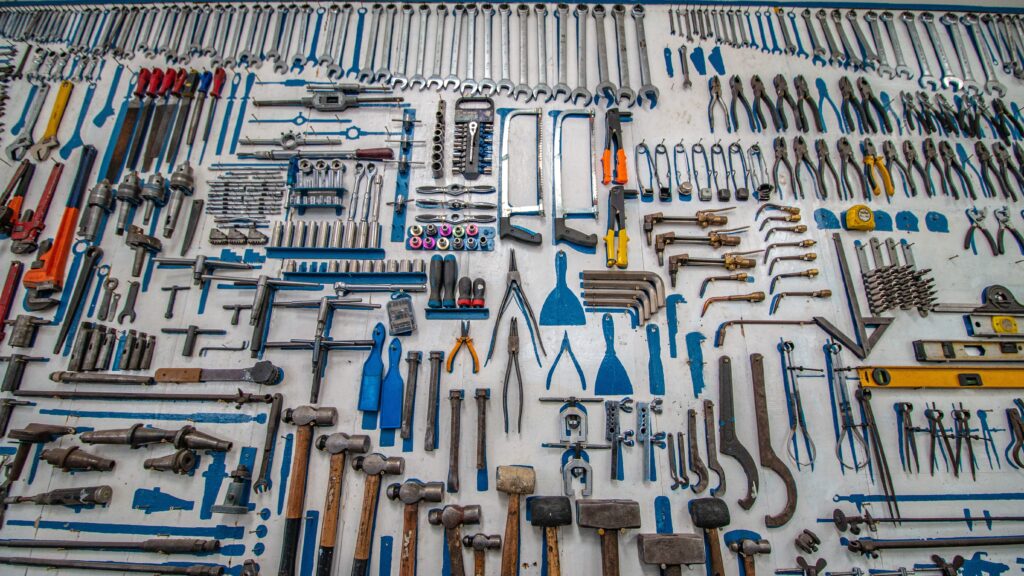A basement can be a useful addition to any house, providing extra room for storage, a place to work out at home, or even an extra room to live in. However, a neglected basement can quickly become a nightmare, harming your family’s health and seriously damaging your property.
Discover how to maintain your basement properly to avoid issues like water damage, mold growth, and pest infestations. This comprehensive manual includes instructions for fixing cracks and getting rid of mold and covers everything from waterproofing to ventilation. Use these professional advice to maintain the condition of your basement.
Why is basement maintenance important?
For several reasons, keeping your basement clean is essential. First of all, basements are prone to flooding and moisture, which can result in the growth of mold, an infestation of insects, and structural damage. Furthermore, inadequate ventilation and insulation can result in energy loss and high utility costs. You can avoid these problems and increase the lifespan of your home by keeping your basement in good condition.
Common issues in basement maintenance
1. Water damage and moisture
Water damage is one of the most common issues in basements, especially in older homes or those built in areas prone to flooding. Water can seep through the walls, floors, or foundation, leading to mold growth, structural damage, and even health issues for your family. Signs of water damage include musty smells, dampness, and visible water stains on walls or floors.
2. Mold and mildew
Mold and mildew thrive in damp and humid environments, making basements an ideal breeding ground. Not only is mold unsightly, but it can also cause respiratory problems, headaches, and other health issues. Signs of mold growth include a musty odor, visible mold on walls or floors, and discoloration.
3. Cracks in walls and floors
Cracks in walls and floors can occur due to settling or changes in the soil, causing structural damage to your property. Additionally, cracks can allow water to seep into your basement, leading to further damage. It is essential to address cracks as soon as possible to prevent further damage.
4. Insects and pests
Basements are an attractive place for insects and pests to live, as they are often cool and damp. Common pests include rodents, cockroaches, and termites, which can cause significant damage to your property. Signs of pest infestations include visible insects, droppings, and damage to stored items.
5. Poor insulation
Poor insulation can lead to energy loss and high utility bills, as your heating and cooling systems have to work harder to maintain a comfortable temperature. Additionally, poor insulation can lead to condensation and moisture, which can cause damage to your property and promote mold growth.
Solutions to common issues
1. Waterproofing and moisture control
To prevent water damage and moisture in your basement, you may need to invest in waterproofing and moisture control solutions. These may include installing a sump pump, sealing cracks, and applying a waterproof coating to walls and floors. Additionally, you can improve ventilation and install a dehumidifier to control humidity levels.
2. Mold and mildew removal
If you notice mold or mildew in your basement, it’s essential to address it immediately to prevent health issues and further damage to your property. You can remove small patches of mold using a mixture of bleach and water or a commercial mold removal product. However, for larger infestations, it’s best to hire a professional mold remediation company.
3. Repairing cracks in walls and floors
To prevent structural damage and water seepage, it’s crucial to repair any cracks in your basement walls or floors. Depending on the severity of the damage, you may be able to use a sealant or epoxy injection to fill the cracks. For more extensive damage, you may need to hire a professional to assess and repair the problem.
4. Pest control
To prevent pest infestations, you should seal any cracks or openings that pests can use to enter your basement. Additionally, you should remove any standing water or moisture that pests may be attracted to. If you already have a pest infestation, you may need to hire a pest control professional to eliminate the problem.
5. Insulation installation and improvement
To prevent energy loss and improve insulation, you can install or improve insulation in your basement walls, floors, and ceiling. This can include using foam insulation, spray insulation, or fiberglass insulation. Additionally, you should ensure that your basement is properly ventilated to prevent moisture buildup.
Additional tips for basement maintenance
1. Regular cleaning and organization
To prevent clutter and dust buildup in your basement, you should regularly clean and organize the space. This can include vacuuming, dusting, and removing any unnecessary items. Additionally, you should ensure that stored items are kept off the floor and away from walls to prevent damage and moisture buildup.
2. Checking for leaks and moisture
Regularly checking for leaks and moisture in your basement can help you identify issues before they become severe. You should check for standing water, dampness, and musty odors regularly. Additionally, you should ensure that your gutters and downspouts are directing water away from your home to prevent water damage.
3. Maintaining proper ventilation
Proper ventilation is crucial to preventing moisture buildup and promoting healthy air quality in your basement. You can improve ventilation by opening windows, installing vents, or using a dehumidifier. Additionally, you should ensure that your heating and cooling systems are functioning correctly and that air filters are regularly changed.
Conclusion
In conclusion, maintaining your basement is essential to prevent water damage, mold growth, and pest infestations. By addressing common issues and following proper maintenance practices, you can extend the life of your property and ensure a healthy living environment.
Image Credit @ Unsplash

